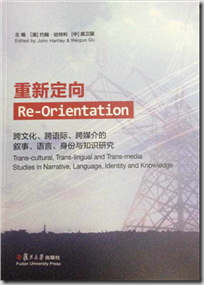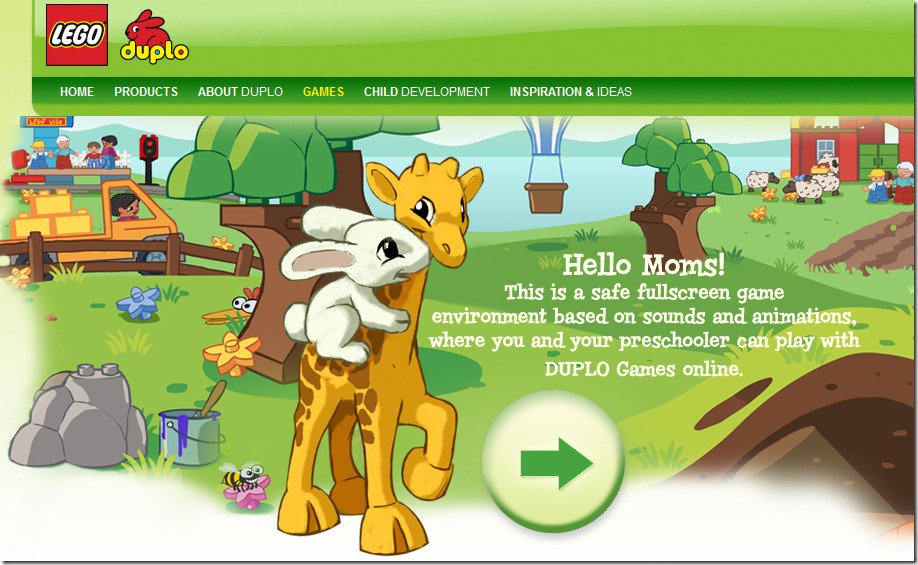Home » Posts tagged 'Parenting'
Tag Archives: Parenting
Born Digital? Presence, Privacy, and Intimate Surveillance
 I’m pleased to note that my chapter ‘Born Digital? Presence, Privacy, and Intimate Surveillance’ is out now in the Re-Orientation: Trans-lingual, Trans-cultural, Trans-media. Studies in narrative, language, identity, and knowledge collection edited by John Hartley and Weiguo Qu for Fudan University Press. The collection is the outcome of the fantastic Culture+8: New Times, New Zones symposium in 2014 which explored cultural synergies between different countries and locations in the +8 timezone which include Perth where we hosted the event, and, of course, China.
I’m pleased to note that my chapter ‘Born Digital? Presence, Privacy, and Intimate Surveillance’ is out now in the Re-Orientation: Trans-lingual, Trans-cultural, Trans-media. Studies in narrative, language, identity, and knowledge collection edited by John Hartley and Weiguo Qu for Fudan University Press. The collection is the outcome of the fantastic Culture+8: New Times, New Zones symposium in 2014 which explored cultural synergies between different countries and locations in the +8 timezone which include Perth where we hosted the event, and, of course, China.
My chapter is a key part of my Ends of Identity project; here I start to think about ‘intimate surveillance’ which is where parents and loved ones digitally document and survey their offspring, from sharing ultrasound photos to tracking newborn feeding and eating patterns. Intimate surveillance is a deliberately contradictory term: something done with the best of intentions but with possibly quite problematic outcomes. Here’s the full abstract:
The moment of birth was once the instant where parents and others first saw their child in the world, but with the advent of various imaging technologies, most notably the ultrasound, the first photos often precede birth (Lupton, 2013). In the past several decades, the question is no longer just when the first images are produced, but who should see them, via which, if any, communication platforms? Should sonograms (the ultrasound photos) be used to announce the impending arrival of a new person in the world? Moreover, while that question is ostensibly quite benign, it does usher in an era where parents and loved ones are, for the first years of life, the ones deciding what, if any, social media presence young people have before they’re in a position to start contributing to those decisions.
This chapter addresses this comparatively new online terrain, postulating the provocative term intimate surveillance, which deliberately turns surveillance on its head, begging the question whether sharing affectionately, and with the best of intentions, can or should be understood as a form of surveillance. Firstly, this chapter will examine the idea of co-creating online identities, touching on some of the standard ways of thinking about identity online, and then starting to look at how these approaches do and do not explicitly address the creation of identity for others, especially parents creating online identities for their kids. I will then review some ideas about surveillance and counter-surveillance with a view to situating these creative parental acts in terms of the kids and others being created. Finally, this chapter will explore several examples of parental monitoring, capturing and sharing of data and media about their children, using various mobile apps, contextualising these activities not with a moral finger-waving, but by surfacing specific questions and literacies which parents may need to develop in order to use these tools mindfully, and ensure decisions made about their children’s’ online presences are purposeful decisions.
The chapter can be read here.
Lego: Dads don’t play with toddlers?
Let me start be saying I love Lego and our 2-year old loves his Duplo (the bigger Lego blocks aimed at toddlers). I was excited to hear Lego had created and released an online Duplo space, with games and interactions. Sounds like a perfect safe space to share with Mr2. However, I was incredibly disappointed when I turned up, only to discover that someone at Lego seems to have entirely forgotten that Dad’s exist …
“Hello Moms!” really? This is very disappointing for a dad. And for equality in general.
Lego, please lift your game: I want to be able to enjoy this space with my son, and enjoying many, many hours of Lego and Duplo together.

